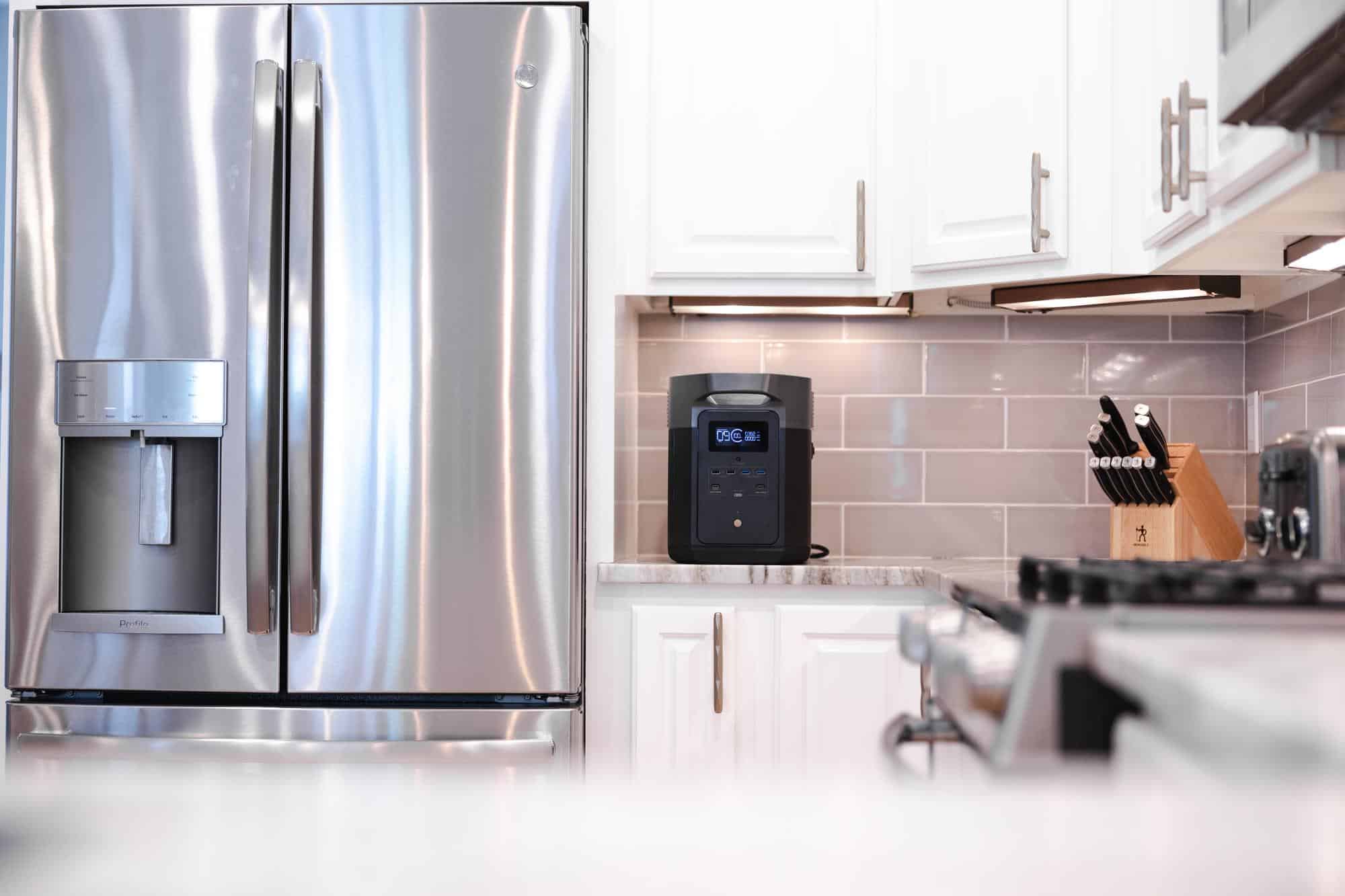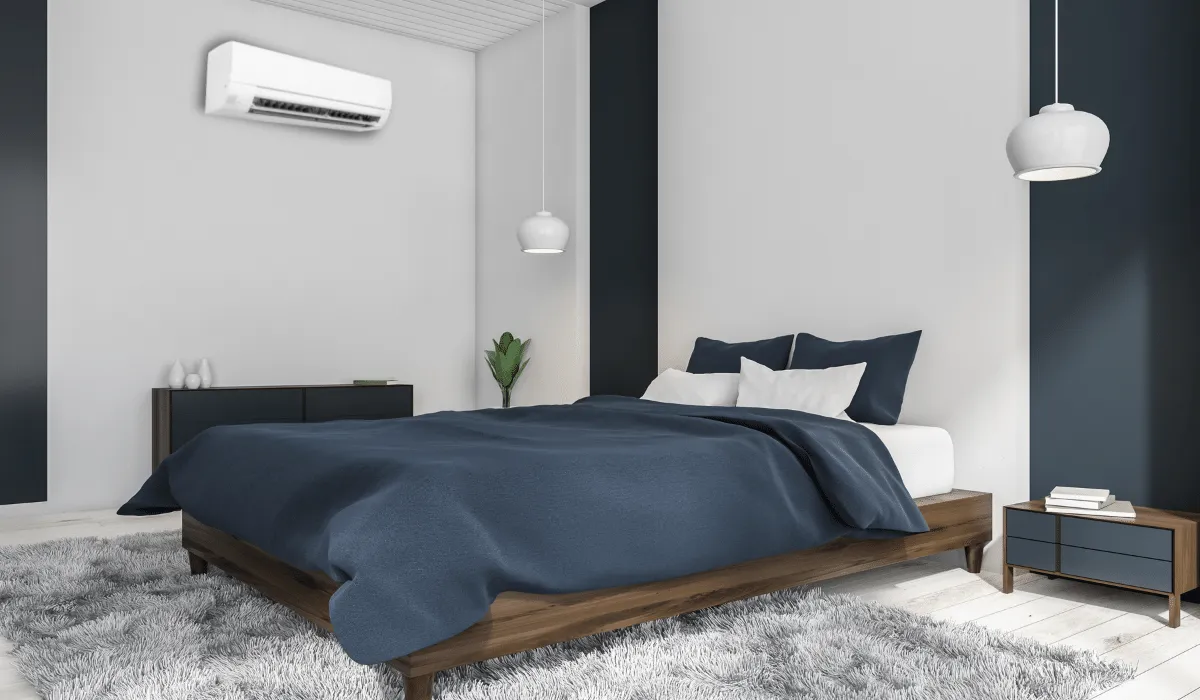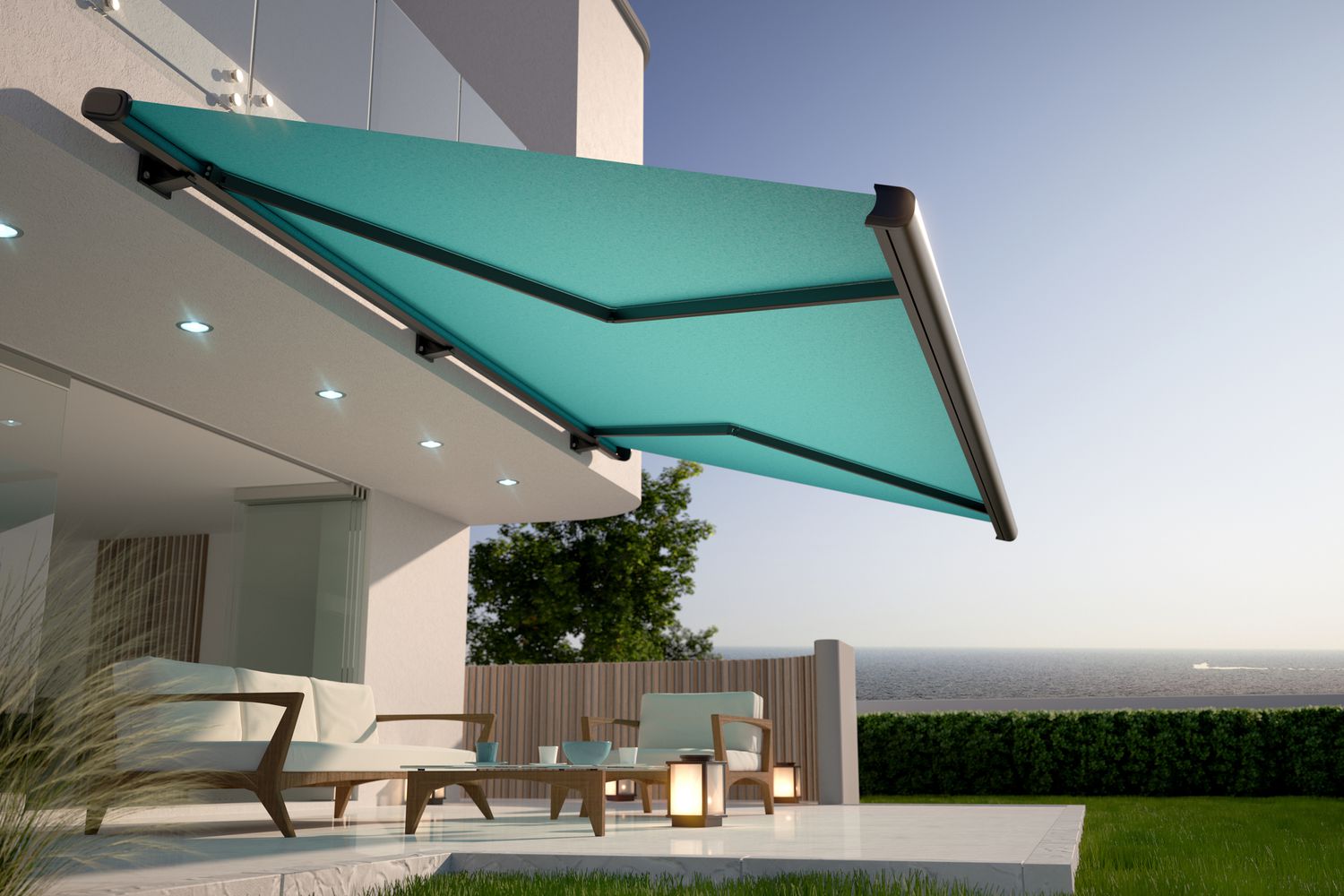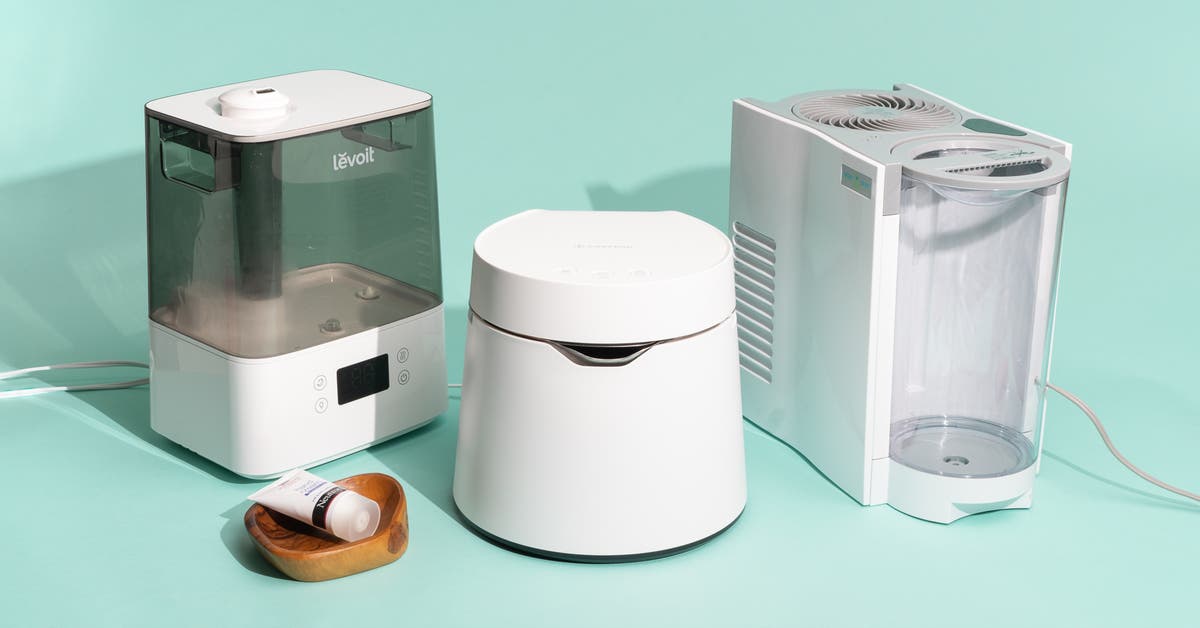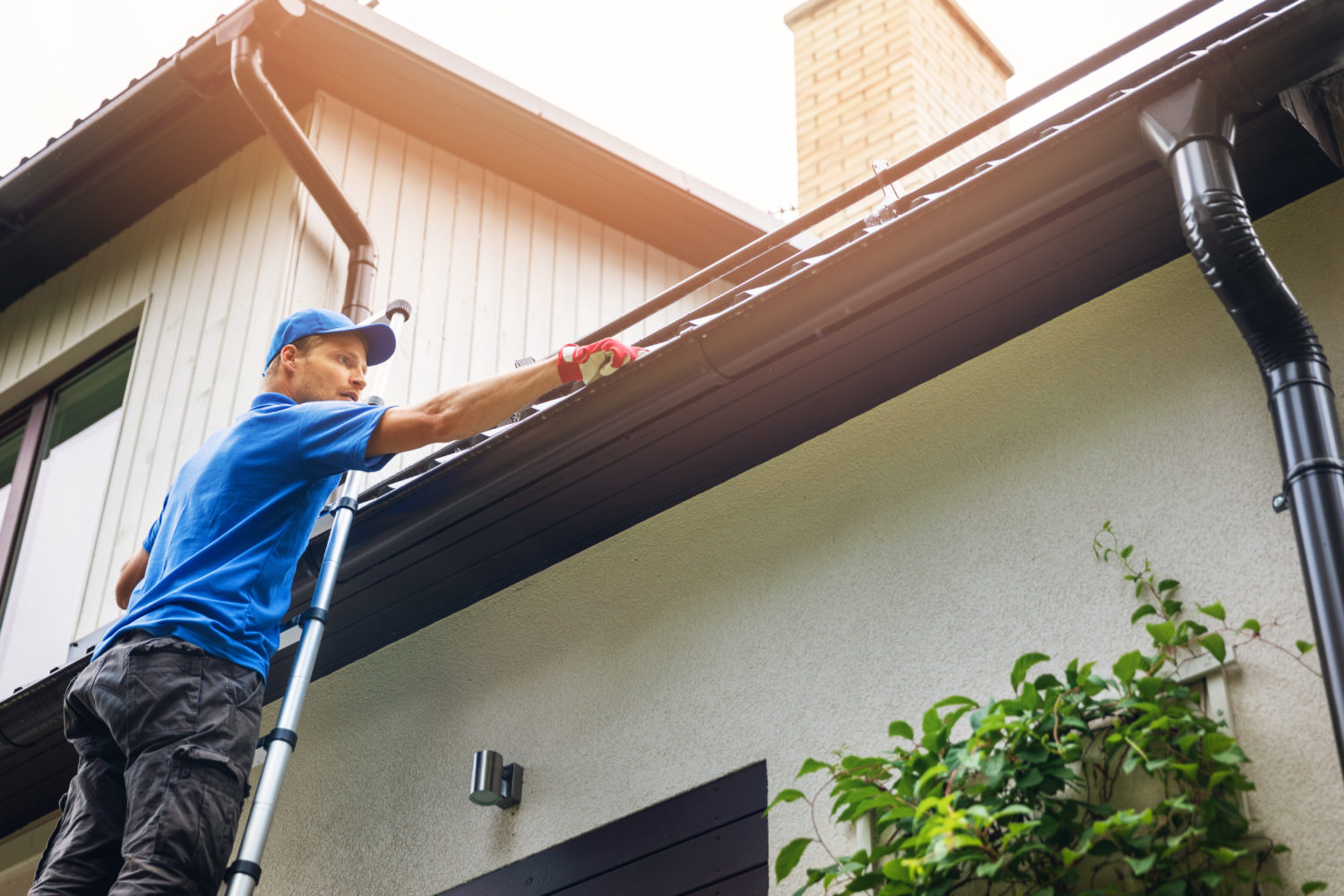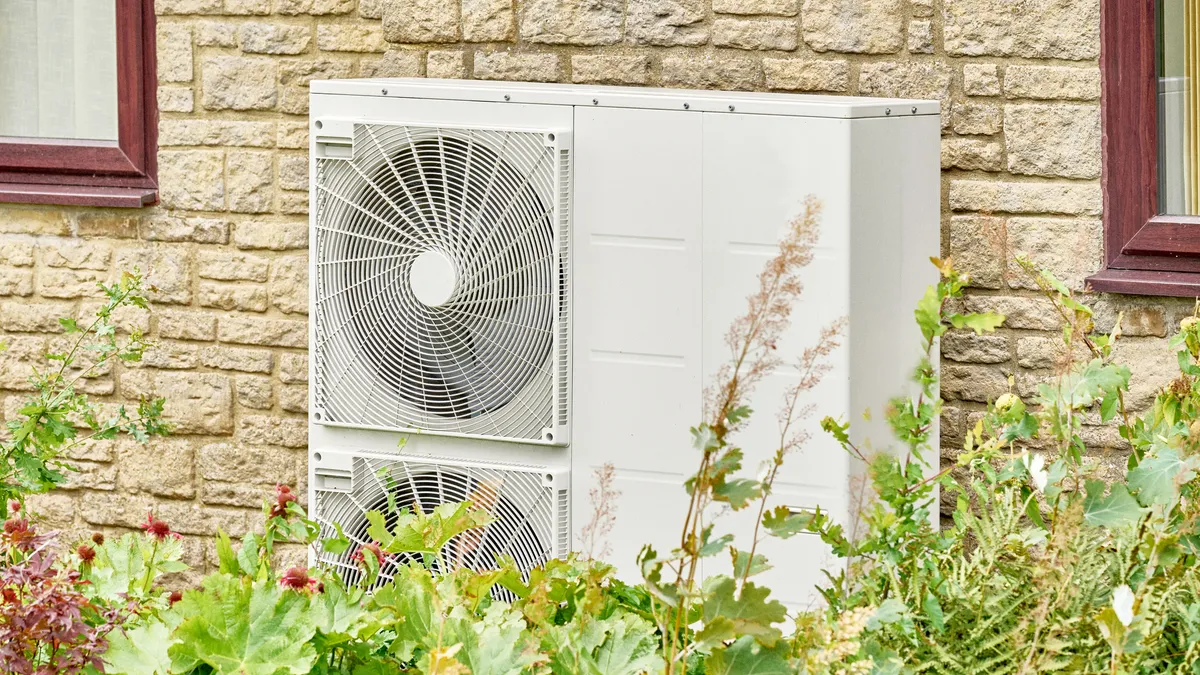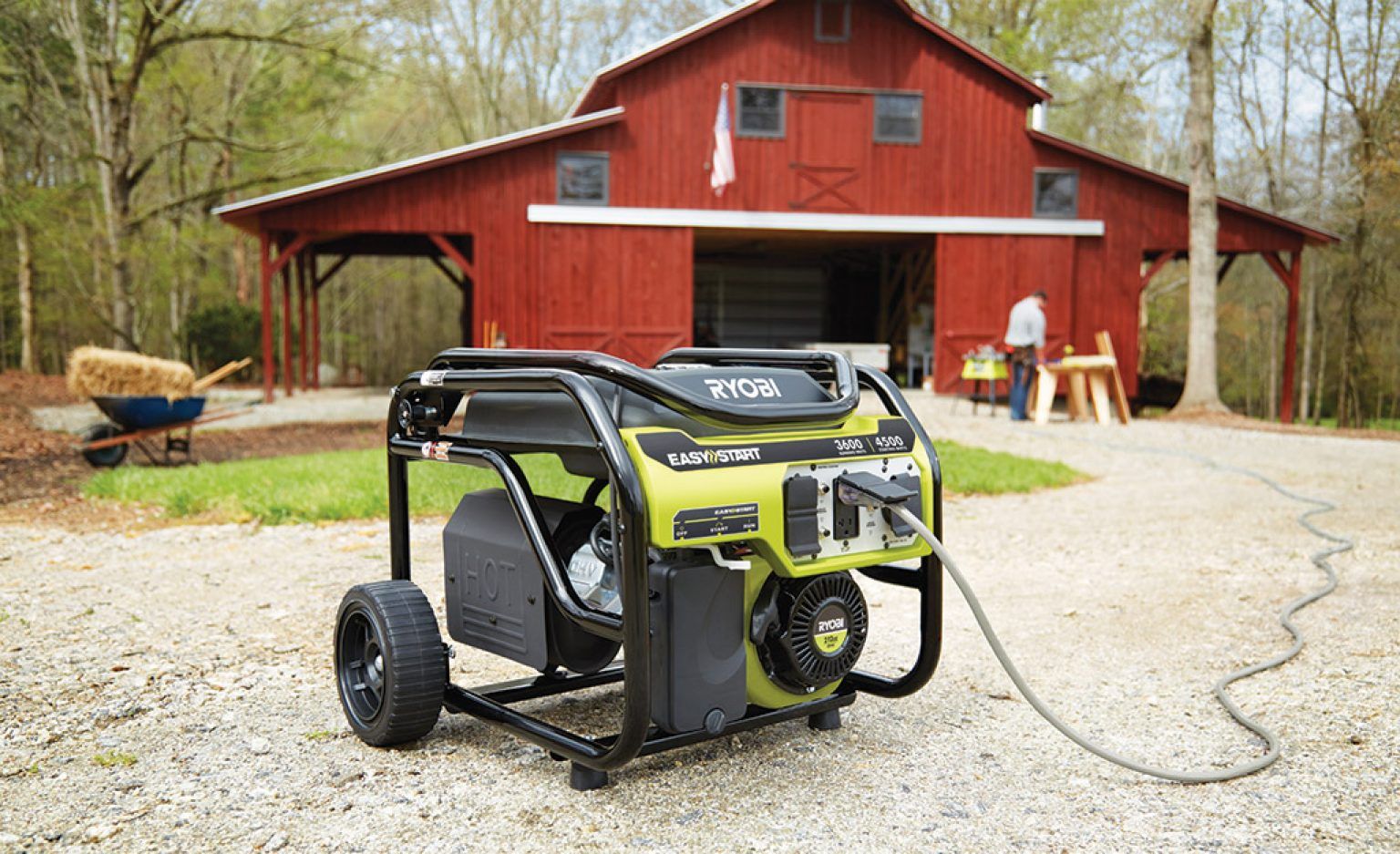Home>Home Maintenance>What Size Generator Do I Need To Run An Air Conditioner
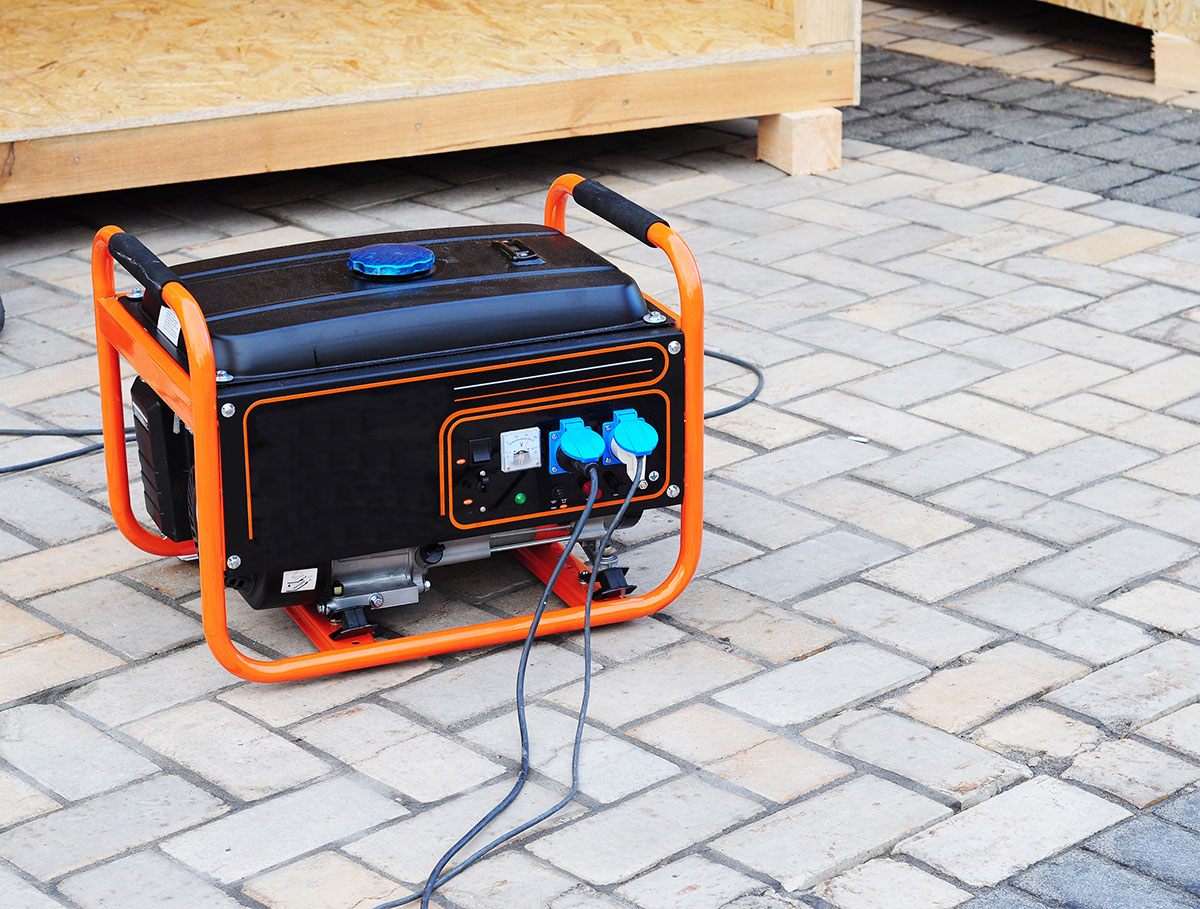

Home Maintenance
What Size Generator Do I Need To Run An Air Conditioner
Modified: August 23, 2024
Find out the perfect generator size for running your air conditioner at home. Expert tips and guidance on home maintenance.
(Many of the links in this article redirect to a specific reviewed product. Your purchase of these products through affiliate links helps to generate commission for Storables.com, at no extra cost. Learn more)
Introduction – Understanding the Importance of a Generator for Running an Air Conditioner
When the scorching heat of summer arrives, having a properly functioning air conditioner becomes essential for maintaining a comfortable living environment. However, what happens when the power goes out? This is where a generator can come to the rescue. A generator serves as a backup power source, allowing you to continue running your air conditioner even during a power outage.
The importance of a generator for running an air conditioner cannot be overstated. It ensures that you and your family can stay cool and comfortable, especially during hot summer days when the lack of air conditioning can be not only uncomfortable but even dangerous for certain individuals, such as the elderly, young children, or those with respiratory issues.
In addition to providing the comfort of a cool living space, running an air conditioner with a generator also helps preserve your belongings and prevents potential damage caused by excessive heat and humidity. High temperatures can lead to mold growth, spoilage of perishable items, and harm to electronics and appliances.
Not all generators are suitable for running an air conditioner, though. It is crucial to choose the right generator size and capacity to power your air conditioning unit effectively. In this article, we will explore the factors to consider and provide a guide to help you determine the appropriate generator size for running your air conditioner.
Key Takeaways:
- Choose a generator size based on your air conditioner’s BTU rating and wattage requirements. Consider the type of air conditioner and total electrical load to ensure reliable power supply.
- Consider noise level, ventilation, fuel type, and portability when selecting a generator for your air conditioner. Consult professionals for expert guidance.
Factors to Consider
When determining the generator size needed to run an air conditioner, there are several important factors to consider:
Evaluating the BTU (British Thermal Units) Rating of the Air Conditioner
The BTU rating of an air conditioner represents its cooling capacity. Higher BTU ratings indicate more cooling power. It is crucial to know the BTU rating of your air conditioner as it directly correlates to the energy needed to run it efficiently.
Determining the Starting and Running Wattage Requirements
Air conditioners have two power requirements: starting wattage and running wattage. Starting wattage is the initial surge of power needed to start the air conditioner, while running wattage represents the sustained power required to keep it running. Knowing these wattage requirements is crucial in selecting a generator that can handle the necessary electrical load.
Considering the Efficiency Rating of the Air Conditioner
Efficiency ratings, such as the Seasonal Energy Efficiency Ratio (SEER) or Energy Efficiency Ratio (EER), indicate how efficiently an air conditioner converts electrical energy into cooling power. Higher efficiency ratings mean the air conditioner uses less electricity, which can affect the generator size required to power it.
Taking Into Account Any Additional Electrical Loads
Air conditioners are not the only electrical devices running in most households. It is essential to consider any additional electrical loads, such as lights, refrigerators, or other appliances, that may be in use simultaneously. These loads can impact the overall power requirements and influence the choice of generator size.
By carefully evaluating these factors, you will have a better understanding of the electrical demands of your air conditioning system and can make an informed decision regarding the generator size needed to power it effectively.
Generator Sizing Guide
Choosing the right generator size for your air conditioner involves careful consideration of various factors. Here is a guide to help you determine the appropriate generator size:
Choosing the Appropriate Generator Size Based on BTU Rating and Wattage Requirements
Start by evaluating the BTU rating and wattage requirements of your air conditioner. Higher BTU ratings and wattages will require a larger generator size to ensure sufficient power supply.
Considering the Type of Air Conditioner
The type of air conditioner you have will also impact the generator size needed. Window units, central air conditioning systems, and portable air conditioners have different power requirements, so it is essential to consider this when selecting a generator.
Read more: What Size Air Purifier Do I Need
Understanding the Power Factors and Surge Requirements
Power factors and surge requirements play a role in determining the generator size. Some air conditioners require a higher starting wattage to overcome the initial surge. Understanding these factors will help you select a generator capable of meeting these requirements.
Calculating the Total Electrical Load and Choosing the Right Generator Capacity
Consider the total electrical load of your household. This includes not only the air conditioner but also other appliances and electrical devices running simultaneously. Calculate the wattage requirements and choose a generator size that can handle the combined load.
By carefully considering the BTU rating, wattage requirements, type of air conditioner, power factors, surge requirements, and total electrical load, you can select the appropriate generator size that will provide reliable power to your air conditioning system.
Examples and Recommendations
When it comes to generator sizes for running air conditioners, here are some examples and recommendations based on different air conditioner types, BTU ratings, and common AC units:
Examples of Generator Sizes for Different Air Conditioner Types and BTU Ratings
- Window Unit Air Conditioner (5,000 – 10,000 BTU): A generator with a capacity of 2,000 – 3,000 starting watts and 1,000 – 2,000 running watts should be sufficient.
- Central Air Conditioning System (2 – 5 tons): A generator with a capacity of 7,000 – 10,000 starting watts and 3,000 – 6,000 running watts is recommended.
- Portable Air Conditioner (10,000 – 18,000 BTU): A generator with a capacity of 2,500 – 4,000 starting watts and 1,200 – 2,500 running watts should be adequate.
Read more: What Size Air Fryer Do I Need
Recommended Generator Sizes for Common Air Conditioning Units
- For a 10,000 BTU window unit air conditioner, consider using a generator with a capacity of 2,200 starting watts and 1,200 running watts.
- For a 3-ton central air conditioning system, a generator with a capacity of 8,000 starting watts and 4,000 running watts is recommended.
- For a portable air conditioner with 14,000 BTU, a generator with 2,800 starting watts and 1,400 running watts would be suitable.
Important Considerations for Specific Climate Zones
It is crucial to consider the specific climate zone you reside in when selecting the generator size for your air conditioner. In regions with extremely hot and humid climates, air conditioners are likely to run more frequently and require more power. Therefore, it is advisable to choose a slightly higher capacity generator to handle the increased demand.
Additionally, if you live in an area prone to frequent power outages, it is recommended to opt for a generator with a higher capacity to ensure prolonged and uninterrupted power supply for your air conditioner.
Remember, these are general examples and recommendations. It is always recommended to consult with a professional or refer to the manufacturer’s specifications for your particular air conditioning unit to ensure the correct generator size for optimal performance.
Other Considerations
When selecting a generator for running your air conditioner, there are several additional factors to consider:
Assessing the Noise Level of the Generator
Generators can produce a significant amount of noise, which can be bothersome, especially if you have neighbors in close proximity. When choosing a generator, consider the noise level it produces and opt for models that offer quieter operation, typically measured in decibels (dB).
Understanding the Importance of Proper Ventilation and Safety Precautions
Ensure that the generator is placed in a well-ventilated area to prevent the buildup of harmful fumes, such as carbon monoxide. Generators should never be operated indoors or in enclosed spaces. Additionally, follow all safety precautions outlined in the generator’s manual to minimize the risk of accidents or injuries.
Considering Fuel Type and Availability
Generators typically run on various fuel types, including gasoline, propane, diesel, or natural gas. Consider the fuel type that is most easily accessible and convenient for you. Also, take into account the generator’s fuel consumption rate, especially if you anticipate using it for extended periods during power outages.
Evaluating the Portability and Convenience of Different Generator Options
Depending on your specific needs and preferences, consider the portability and convenience features of different generator models. Some generators are portable and come with wheels or handles for easy maneuvering, while others may be more stationary. Additionally, consider features such as electric start options or remote control functionality for added convenience.
By considering these factors, you can choose a generator that not only meets your power requirements but also aligns with your preferences in terms of noise level, safety, fuel type, and convenience.
Conclusion
Selecting the right generator size for running your air conditioner is crucial to ensure the comfort and safety of your home during power outages. By considering factors such as the BTU rating, wattage requirements, type of air conditioner, power factors, surge requirements, and total electrical load, you can choose a generator that meets your specific needs.
Remember to evaluate the examples and recommendations provided for different air conditioner types and BTU ratings, but always refer to the manufacturer’s specifications for your particular unit. Climate zone and the frequency of power outages in your area should also be taken into account to determine the appropriate generator size.
In addition to choosing the right generator size, it is important to consider other factors such as the noise level, proper ventilation, safety precautions, fuel type, and availability. Assessing these aspects will ensure optimal performance, convenience, and safety when running the generator to power your air conditioner.
Lastly, consult with professionals or experts in the field to ensure you make an informed decision. They can provide valuable guidance and assist you in identifying the most suitable generator size for your specific requirements.
With the right generator size, you can enjoy a cool and comfortable home environment even during power outages, providing peace of mind and ensuring your well-being during the hot summer months.
Frequently Asked Questions about What Size Generator Do I Need To Run An Air Conditioner
Was this page helpful?
At Storables.com, we guarantee accurate and reliable information. Our content, validated by Expert Board Contributors, is crafted following stringent Editorial Policies. We're committed to providing you with well-researched, expert-backed insights for all your informational needs.
